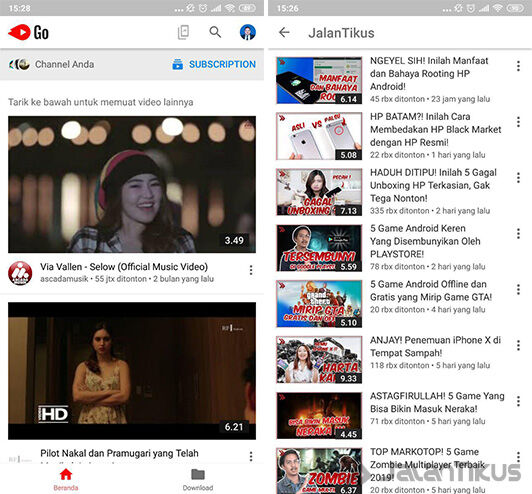
Today, APWG eCrime is supported by the IEEE Standards Association which acts as Technical Sponsor to the conference and publishes the conferences proceedings in the IEEE XPlore Digital Library.ĪPWG eCrime will continue to be a collaborative project of its sponsoring institutions, its chairs, committee members, reviewers, and, of course, the researchers who share their findings. Since the first eCrime conference in 2006, the APWG eCrime management team and submission review committee – drawing from academic and industrial researchers from across the world – has produced conference with academic conference partners every year. FSU computer science researcher Judi Mulholland organized and managed the peer-review committee and edited the proceedings for publication by Taylor & Francis.

Secretary General Cassidy authored the initial CFP.

The APWG established APWG eCrime to honor that contribution, foster its spirit – and to organize the creative energy of researchers that would eventually overwhelm the APWG’s other conference venues.ĪPWG organized the initial eCrime Researchers Summit in Orlando in early Spring 2006 in collaboration with Florida State University the National Center for Forensic Sciences at University of Central Florida and the Florida Department of Law Enforcement, recognizing the interest in ecrime research by both researchers and within the law enforcement community. The power of that community, over the years, has been expressed in their contributions to research in academia and industry, cited in the papers above, their innovations for industry – and the globally scaled research projects they’ve organizing today such as the PhishFarm browser block list latency measurement program that APWG ecrime-associated investigators are organizing in Australia: Īcademic and industrial researchers appeared at the APWG’s door almost at the very genesis of the APWG, delineating phishing’s contemporary nature, speculating on probable evolutionary trajectories – and proposing research that needed APWG’s data corpora to shape their theses and inform their research. With its multi-disciplinary approach, APWG eCrime every year brings together the most heterogeneous community of counter-eCrime researchers and industrial stakeholders to confer over the latest research, and to foster collaborations between the leading investigators in this still nascent field of cybercrime studies. Scores upon scores of papers exploring these dimensions of cybercrime at APWG eCrime have been published by the IEEE as well as by Taylor & Francis and the Association of Computing Machinery (in the very earliest years of the symposium).


Since then, what had been initially a technology focused conference has incrementally expanded its focus to cover behavioral, social, economic, and legal / policy dimensions as well as technical aspects of cybercrime, following the interests of our correspondent investigators, the symposium’s managers as well as the APWG’s own directors and steering committee members. General Chair: Guy-Vincent Jourdan, University of Ottawa Program Chair: Laurin Weissinger, Fletcher School at Tufts / Yale University Publication Chair: Moury Bidgoli, APWG Research Fellow About the Symposium on Electronic Crime Research (APWG eCrime) The Symposium on Electronic Crime Research (APWG eCrime) was founded in 2006 as the eCrime Researchers Summit, conceived by APWG Secretary General Peter Cassidy as a comprehensive, multi-disciplinary venue to present basic and applied research into electronic crime and engaging every aspect of its evolution – as well as spotlighting technologies and techniques for cybercrime detection, response, forensics and prevention. Instructions for authors are available on the conference webpage, see: Important Dates:


 0 kommentar(er)
0 kommentar(er)
